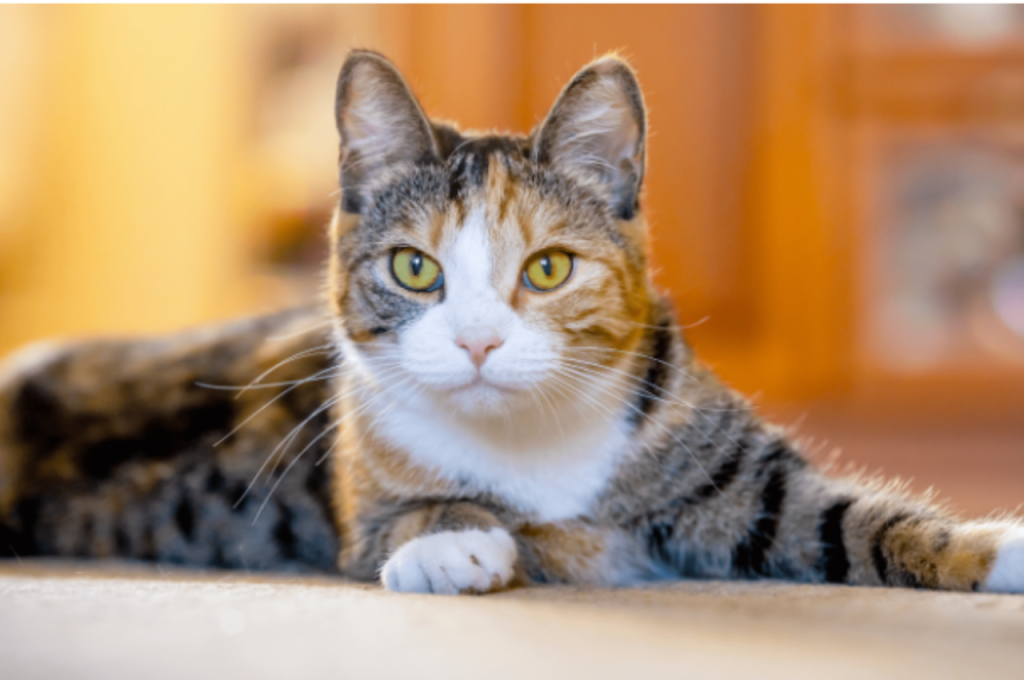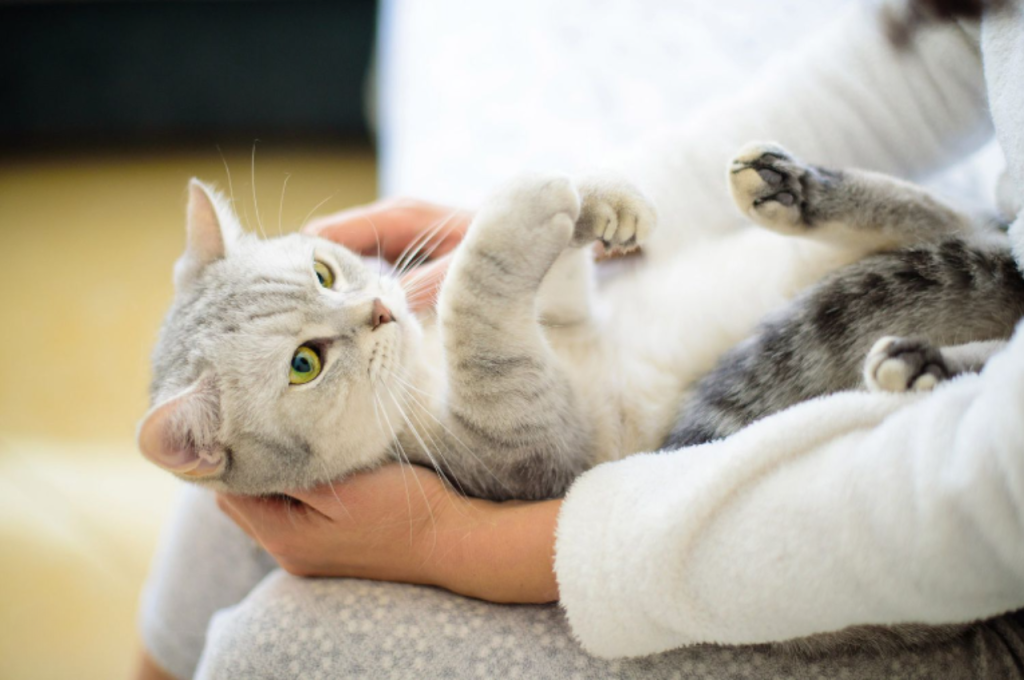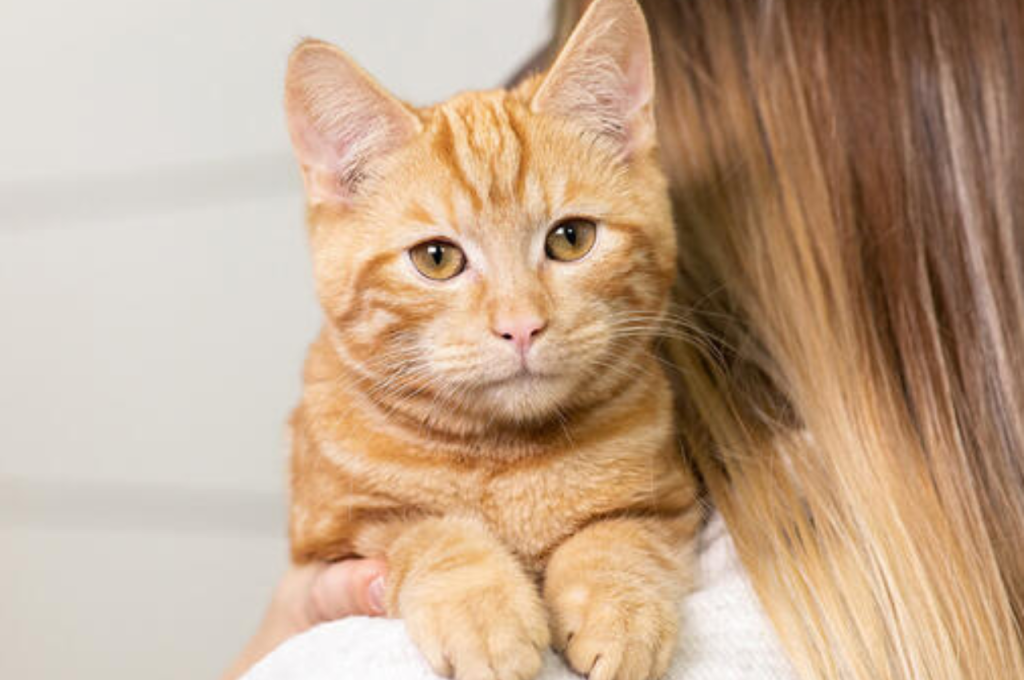Cats can remember you for an extended period, often for their entire life. Cats can form long-lasting memories, and they can remember their owners even after a long separation.
This bond between cats and their owners is built on trust and familiarity, and it plays a significant role in their memory retention. Whether it’s the sound of your voice, your scent, or your daily routines, cats can remember and recognize these key aspects of their owners.
Studies have shown that cats can remember people even after not seeing them for years. This strong memory capacity contributes to the special bond that many people have with their feline companions. Understanding how long cats can remember their owners helps to further strengthen the human-cat relationship.
The Memory Capacity of Cats
Have you ever wondered how long your cat remembers you? Cats have a fascinating memory capacity that plays a crucial role in their interactions and behaviors.

Short-term Memory
Cats have a short-term memory that typically lasts for about 16 hours, enabling them to remember recent events and actions.
Long-term Memory
Cats also possess a remarkable long-term memory, allowing them to remember significant events, places, and people over extended periods.
Factors Influencing Cat Memory
The memory capacity of cats can vary depending on their experiences and interactions with their owners. Factors like positive reinforcement and consistent care can lead to strong bonds and lasting memories in cats, enhancing their ability to remember their owners for extended periods.
Emotional Connection
Cats have a remarkable ability to form emotional connections with their owners, and this plays a significant role in their memory. When cats feel loved, cared for, and bonded with their owners, their memory is enhanced.
Cats can remember familiar scents, voices, and experiences associated with positive emotions. They can recall the feeling of being comforted, petted, or played with by their favorite humans.
The emotional connection between cats and their owners is crucial in determining how long they remember. The more bonded a cat is with its owner, the stronger the memory and lasting impression.
Repetitive Interactions
Cats thrive on routine and repetition. Regular interactions with their owners contribute to the formation of long-term memories.
Through daily interactions such as feeding, grooming, and play sessions, cats can remember the familiar rituals and cues associated with these activities. These repeated experiences create a sense of familiarity and reinforce their memory.
Consistency in daily routines helps strengthen the cat’s memory and reinforces the bond with their owner. This predictable environment allows them to anticipate events and actively engage in familiar interactions.
Positive Experiences
Positive experiences leave a lasting impression on a cat’s memory. When cats have pleasant encounters with their owners, the memories associated with those experiences stay with them for a longer period.
Whether it’s playtime, treats, or affectionate moments, the positive emotions experienced by cats create strong associations in their memory. They can recall the joy, happiness, and contentment they felt during those moments, which can deepen their bond with their owners.
Regularly providing positive stimuli and experiences helps cats form positive associations with their owners, ensuring that they remember them fondly.
Signs of Remembering their Owners
When it comes to cats, their ability to remember their owners is an intriguing topic. Have you ever wondered if your feline friend remembers and recognizes you? Well, the signs of remembering their owners are quite evident and can bring a smile to every cat owner’s face.
Soothing Behavior
Cats often display soothing behavior when they remember their owners. They may purr, knead, or rub against their owner’s leg as a way of showing their affection and recognizing the familiar scent.
Excited Greetings
Another clear sign that a cat remembers their owner is the way they greet them. Cats that remember their owners often show excited greetings by vocalizing, head-butting, or even running to greet them at the door when they come home.
Memory Tests for Cats
A cat’s memory can be quite remarkable, allowing them to recall people and events from their past. Understanding the memory capacity of cats involves exploring various memory tests. These tests provide insight into the cognitive abilities and retention span of felines, shedding light on how long cats remember their human companions.

Object Recognition
Object recognition tests for cats involve assessing their ability to remember and distinguish between different objects. In a typical experiment, a cat is presented with a series of objects, and then after some time, the same objects along with new ones are reintroduced to see if the cat can recognize the familiar items. The ability to correctly identify the previously seen objects demonstrates the cat’s memory retention and recall skills.
Spatial Memory
Spatial memory tests for cats focus on evaluating their ability to remember locations and navigate their environment. Cats are often put through maze-like setups or given complex paths to navigate. By observing their ability to remember and successfully navigate through previously encountered routes, researchers gain valuable insights into the spatial memory capabilities of cats.
Comparing Cat Memory with Other Pets
Understanding the memory capabilities of different pets can provide insights into their behavior, training potential, and overall cognitive abilities. Let’s compare cat memory with that of other popular pets:
Dogs
Dogs are known for their ability to form strong emotional bonds with their owners, and their memory is no exception. Research suggests that dogs have an impressive memory that can span several years. They can remember specific events, places, and even people they haven’t seen in a long time. This long-term memory is believed to be due to the strong emotional connections they form with their human companions.
Fish
When it comes to fish, their memory capabilities are quite different from cats and dogs. While fish have a memory, it is generally shorter in duration, lasting only a few months at most. Their memory is more focused on basic tasks, such as finding food and recognizing their surroundings. Unlike cats and dogs, fish do not form emotional connections with their owners. Instead, their memory is primarily driven by instinct and association.
Enhancing Cat-owner Bond Through Interaction
Building a strong bond with your cat through interaction is crucial for fostering a loving and trusting relationship.
Interactive Play
Engaging in interactive play sessions with your cat helps strengthen the bond between you and your feline friend.
Routine Affection
Showing routine affection to your cat, such as grooming and cuddling, can deepen the bond you share.
Memory in Elderly Cats
In their golden years, cats may experience changes in memory. Understanding how memory functions in aging felines can help owners provide suitable care and support.
Impacts On Memory
Elderly cats may face cognitive decline, affecting their memory. This can lead to forgetfulness, reduced ability to learn new things, and increased confusion.
Aging cats may display changes in behavior and respond differently to stimuli due to memory-related issues.
Strategies for Stimulating Memory
Engaging elderly cats in mental stimulation activities like interactive toys, puzzles, and training exercises can help enhance their memory capabilities.
- Interactive play sessions with laser pointers and feather toys can keep their minds active.
- Using treat-dispensing toys encourages problem-solving, promoting mental agility.
Cultural and Historical Views On Cats’ Memories
Cats have been companions to humans for thousands of years, revered for their mystical nature and independence. One intriguing question that has captivated cat lovers throughout history is how long cats remember their human companions. To delve into this topic, let’s explore the ancient beliefs and modern perspectives on cats’ memories.

Ancient Beliefs
Ancient Egyptians:
- Considered cats sacred and believed they possessed divine powers.
- Believed that cats had an exceptional memory that enabled them to protect their human households.
- Thought that cats could communicate with spirits and gods.
Ancient Romans and Greeks:
- Viewed cats as symbols of independence and swift memory.
- Associated their memory with their ability to hunt and survive in the wild.
- Believed that cats had an instinctive memory that enabled them to navigate their environment with precision.
Modern Perspectives
Scientific Research:
- Recent studies suggest cats have a memory that allows them to remember specific events and routines.
- Short-term memory allows for the recollection of recent experiences, such as recognizing familiar faces or places.
- Long-term memory enables cats to recall training, past interactions, and habitual behaviors.
Experiential Evidence:
- Cat owners often witness their pets remembering and responding to their presence, even after extended periods of separation.
- Reunions between cats and their owners demonstrate recognition and reestablishment of emotional bonds.
- Cats display memory recall when responding to their owners’ specific cues or commands.
Conclusion
Cats have remarkable memory capacities, often remembering their owners for years. Their ability to recall past experiences and relationships is a testament to their cognitive abilities and emotional attachments. Understanding how long cats remember us helps strengthen the bond we share with our feline companions.
So, cherish the moments you spend with your cat, knowing that they can hold onto those memories for a significant time.
